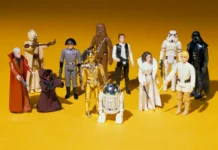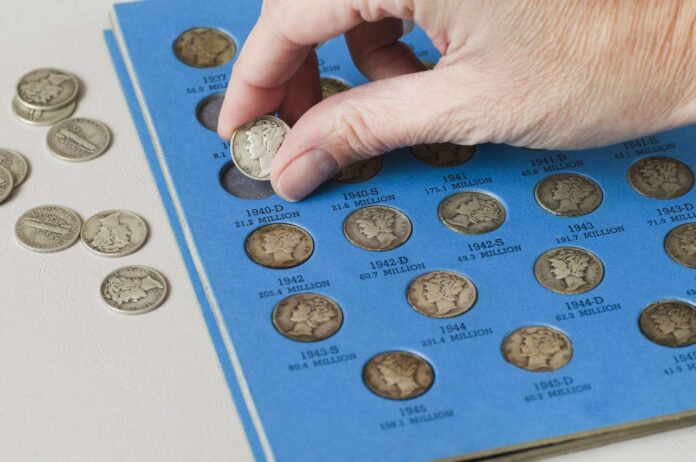
Coin collecting, or numismatics, is a fascinating hobby that combines history, art, and economics. It attracts enthusiasts who appreciate the rich stories embedded in these small metallic pieces.
Starting a coin collection doesn’t have to be expensive. Here’s a comprehensive guide on how to dive into this hobby without straining your finances.
Setting Your Goals and Budget
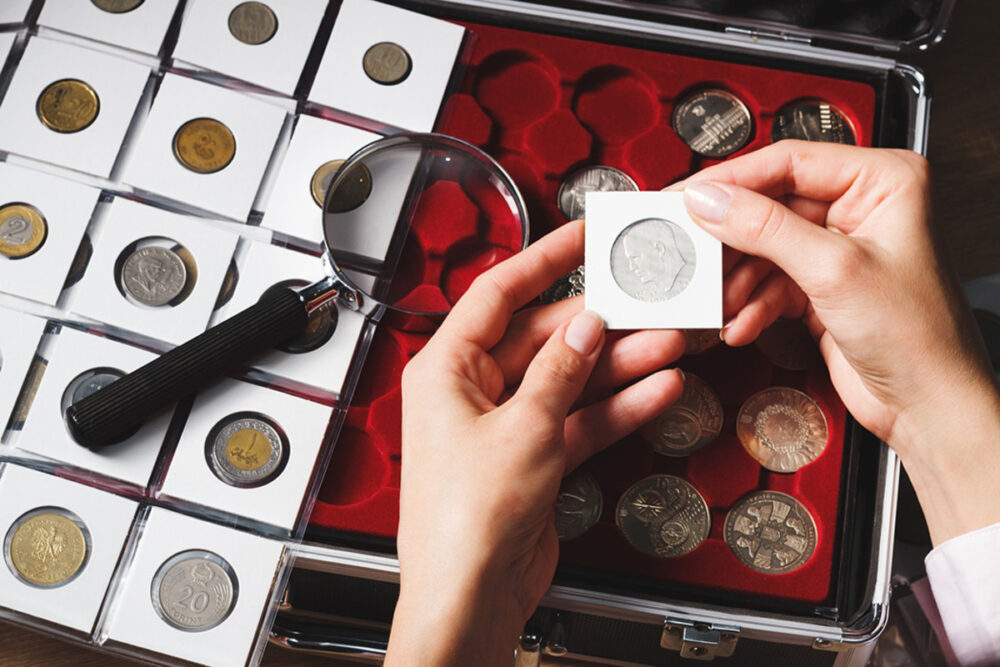
Before purchasing your first Ruthenium coin, decide on your collecting goals. Are you interested in coins from a particular era or country? Do you want to collect coins made of a specific metal?
Answering these questions will guide your collecting journey. Next, set a realistic budget. This hobby can be adjusted to accommodate any budget, and setting limits will help you avoid financial strain.
Where to Find Coins
Coins are everywhere once you start looking! Begin with your own pocket change. You might find bicentennial quarters or wheat pennies that ignite your interest. For those with a bit more to invest, local coin shops are treasure troves of both common and rare coins.
Here, you can also gain valuable advice from experienced collectors. Online platforms like eBay and heritage auctions offer wider selections, especially for those seeking specific pieces. Remember, the condition and authenticity of coins are paramount, so purchase from reputable sellers.
Learning the Art of Coin Grading
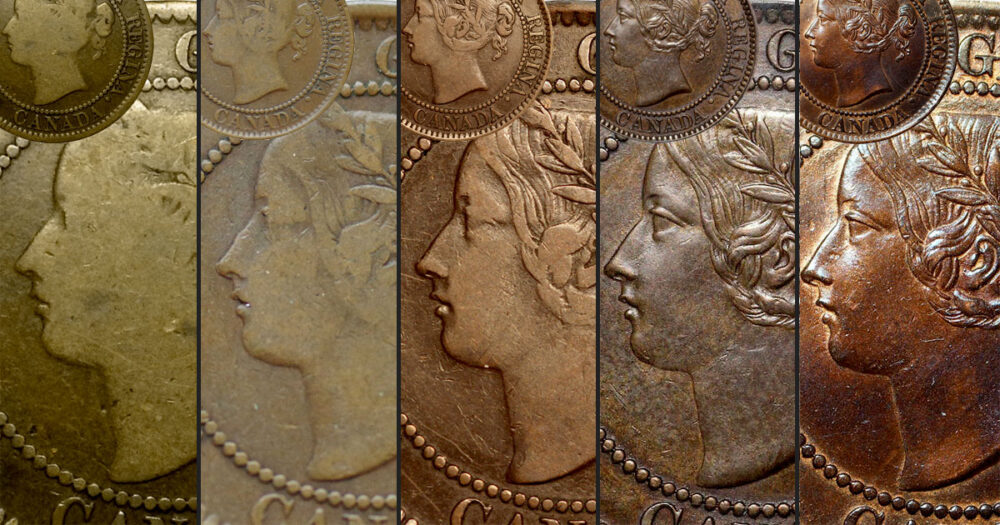
Coin grading is the process of evaluating the condition of a coin. The Sheldon Scale, ranging from 1 to 70, is the standard grading system used in the United States. Coins with a grade of 70 are considered perfect, though they are exceptionally rare.
This scale will aid you in making informed decisions about buying and selling. Many collectors opt for coins graded and encapsulated by professional services to verify their condition and authenticity.
Joining Collector Communities
Joining a community of fellow collectors can significantly enhance your collecting experience. Clubs and online forums offer insights and camaraderie. Members share their knowledge, trade coins, and provide support. Attending coin shows and auctions also helps you connect with the collector community and learn from experts.
Caring for Your Collection
Proper care and storage of your coins are crucial to maintaining their condition and value. Avoid handling coins with bare hands as oils and dirt can cause damage. Use cotton gloves and hold coins by their edges. Store your coins in holders or albums designed to prevent scratches and exposure to air, which can lead to oxidation and tarnishing.
Diversifying Your Collection
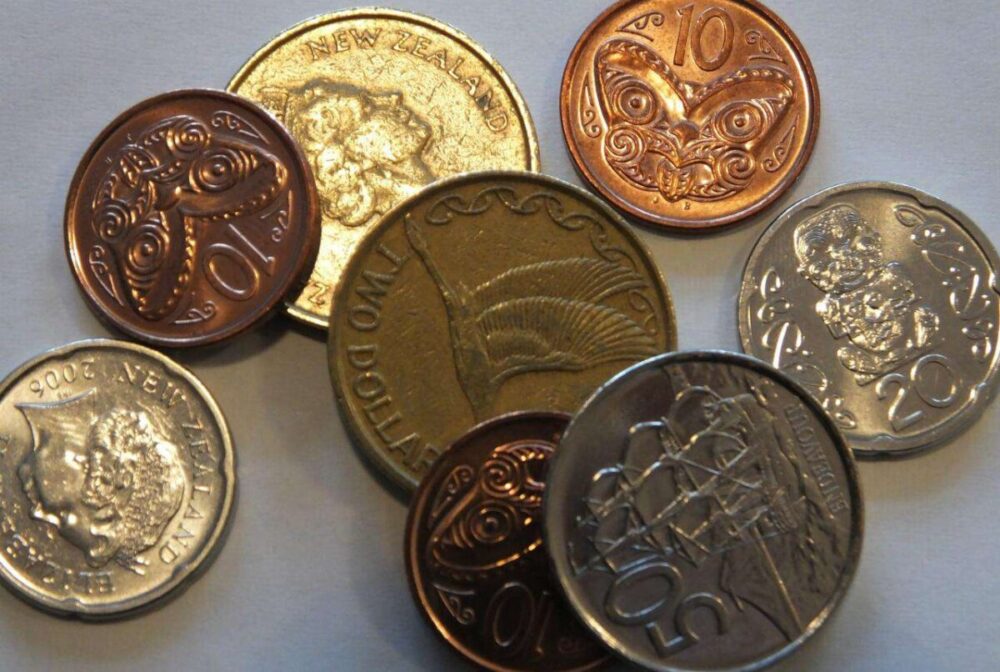
As your collection grows, consider diversifying. This could mean collecting coins from different countries or historical periods.
Diversification not only makes your collection more interesting but also spreads risk, as the value of coins can fluctuate.
Staying Informed and Patient
The market for collectible coins can change. Staying informed about trends and market values will help you make smarter purchases and sales. Additionally, patience is a virtue in coin collecting. Rare finds and good deals come to those who wait.
Enjoying the Journey
Finally, remember that coin collecting is a personal journey. Each coin in your collection should bring you joy or fulfill a specific aspect of your collecting goals. Whether it’s the thrill of the hunt, the satisfaction of completing a series, or the appreciation of the coins’ artistic and historical significance, ensure your collecting experience is enjoyable.
Final Words
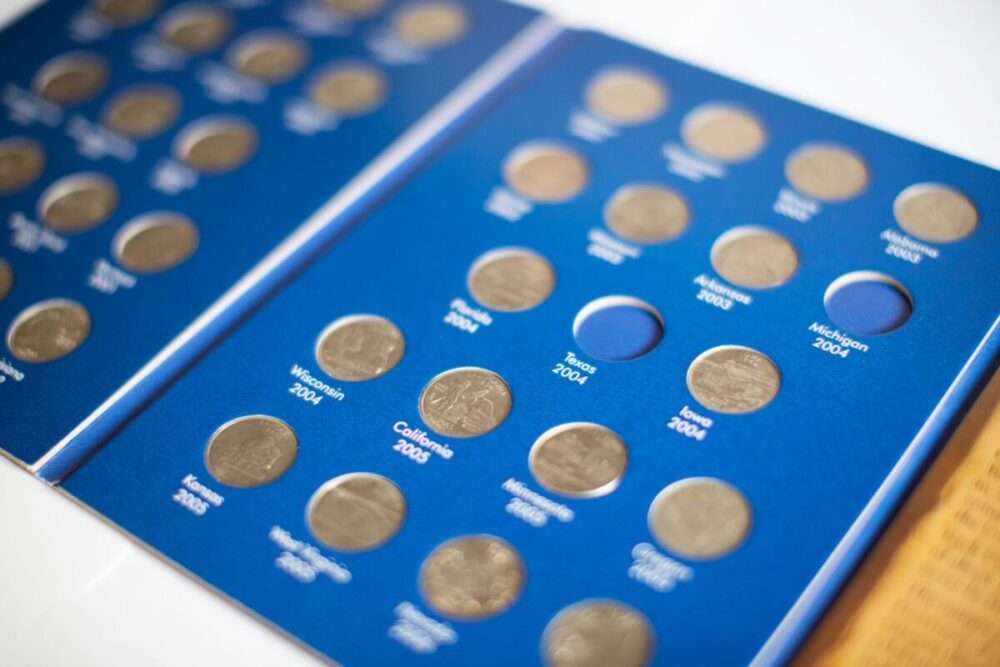
Starting a coin collection is an accessible hobby that doesn’t require a fortune. With a bit of knowledge and strategy, anyone can embark on this rewarding pursuit. By setting clear goals, budgeting wisely, and gradually expanding your collection, you can explore the intriguing world of coins without financial worry. So, start small, learn continuously, and connect with other collectors to fully embrace the joys of numismatics.


